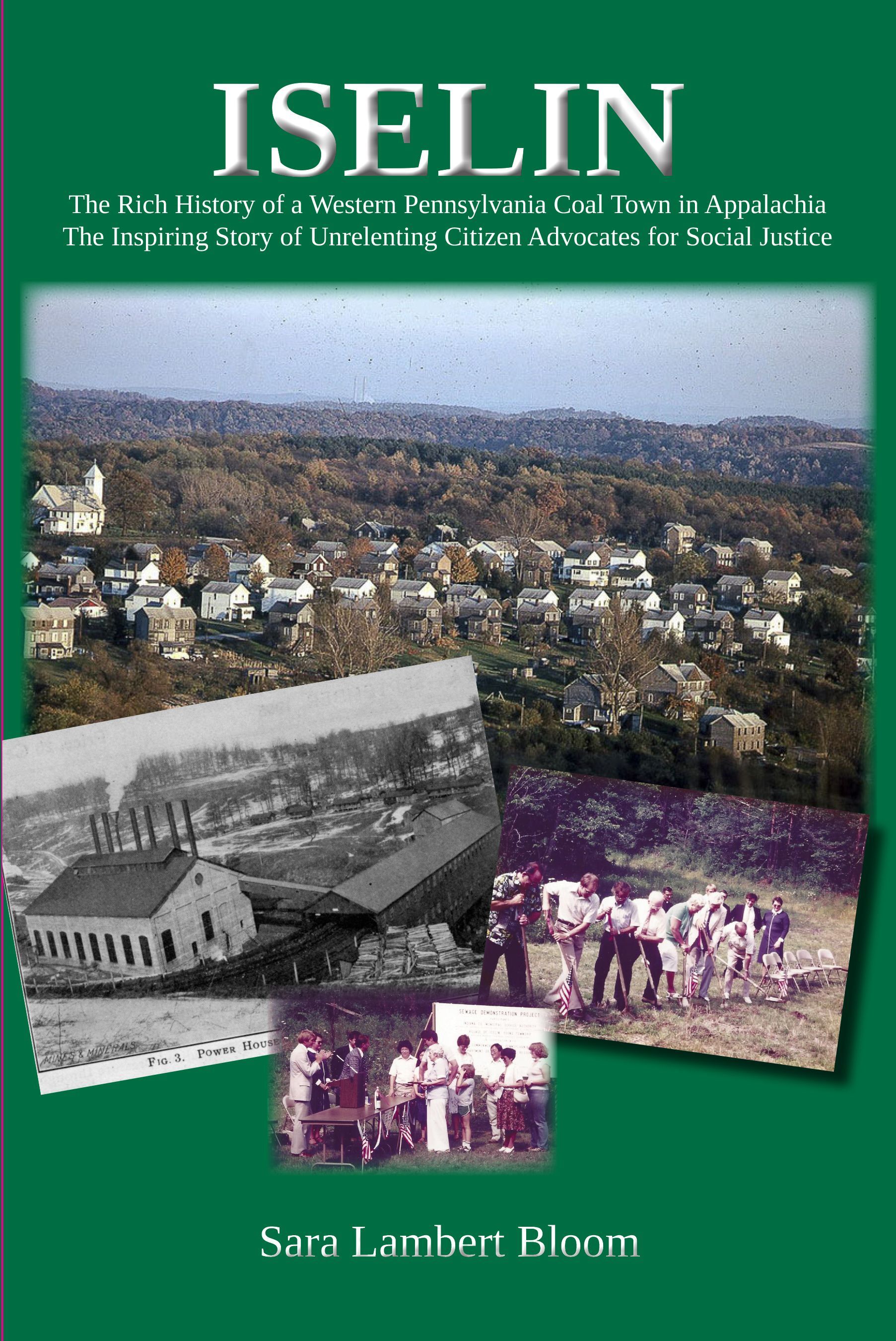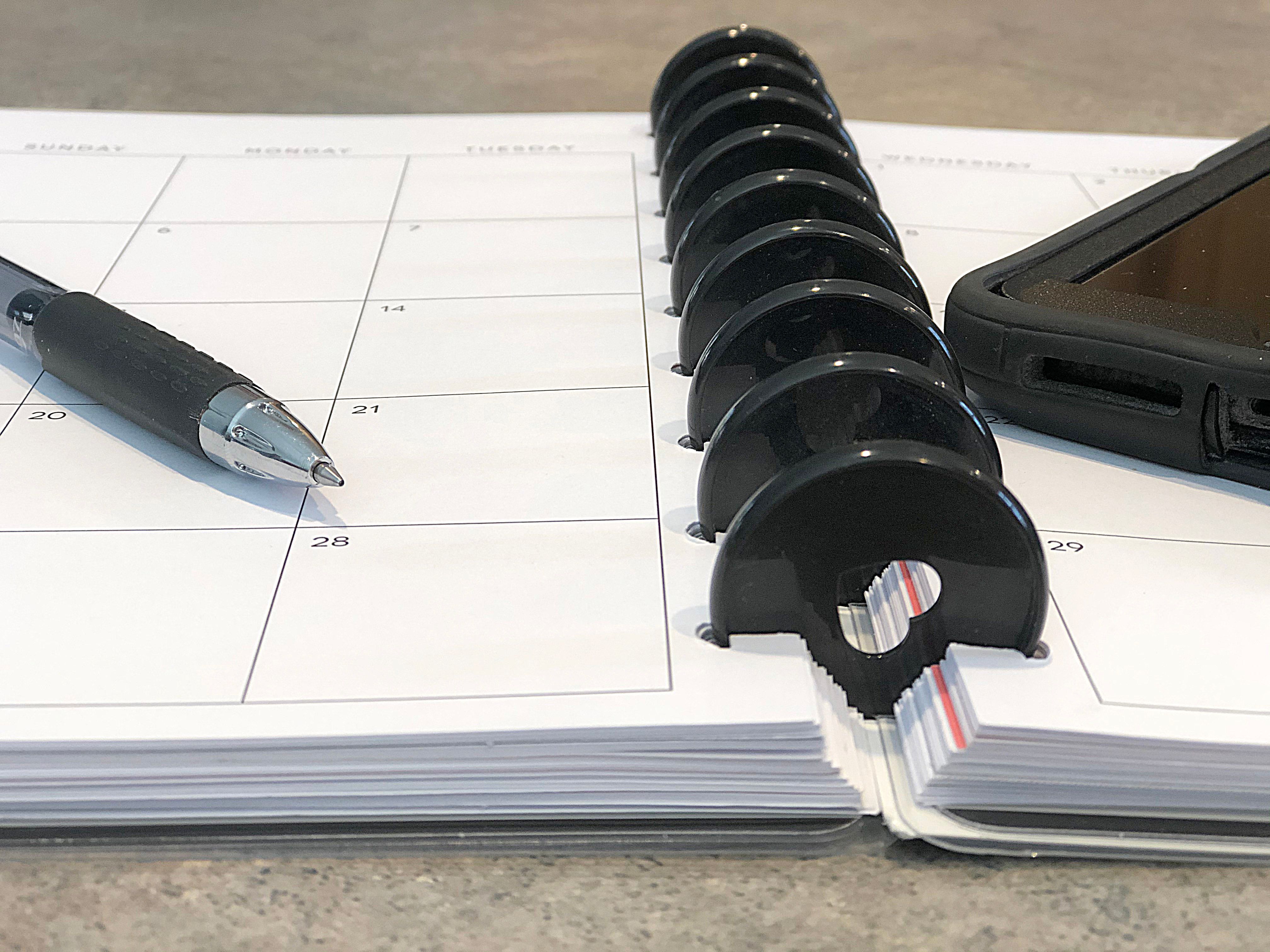Meet the Author: Sara Bloom

Join us at the Indiana Free Library for a special "Meet the Author" Event
Sara L. Bloom will be on the second floor to discuss her book:
ISELIN: The Rich History of a Western Pennsylvania Coal Town in Appalachia
The Inspiring Story of Unrelenting Citizen Advocates for Social Justice
Ms. Bloom will be signing copies of her book which will be available for purchase in the Library. Light refreshments will be provided. Following the signing event. We ask guests to make their way to the 3rd floor of the Library building where the Jimmy Stewart Museum is located for a reception and the opportunity to experience the exhibit provided by Mary Stewart (sister to Jimmy Stewart) on various coal mining families from Indiana County.
From the author: Origins of and inspiration for this work
I was raised in a coal town of 500 people, one of five children of James P. Lambert, Iselin's paid town manager and elected Justice of the Peace, self-taught in law, beloved by all. I watched as he worked unrelentingly as an unpaid citizen advocate to rid the town of toxic air quality from the ever-burning "boney dump" in 1974, to bring a reliable source of potable water to residents in 1981, and finally to rid us of deadly health hazards by bringing us an innovative Wastewater Treatment Plant to allow residents to install indoor toilets to replace outhouses that were built at the founding of the town in 1903 and were now crumbling and leaking deadly sewage into our
yards and gardens. He died of black lung disease before completing the Artificial Wetland Treatment Scheme in 1982, which was picked up by the Tennessee Valley Authority as a model of the use of a marsh/pond/municipal wastewater as a low-cost system for meeting stringent
National Pollutant Discharge Elimination System discharge limitations. It was lifechanging, correcting unacceptable living conditions for Iselin's coal miners and their families. His advocacy for social justice, the right to live in a safe environment, was accomplished through his
collaboration with colleagues who learned how to access county, state, and federal grants. In this book I reference the successful use of the court system in the 1940s by my mother's first cousin, Dr Betty Hayes, to correct the same issues a generation earlier in the coal town of Force, PA . A central piece of the history of Iselin is that we were owned, existing as a variation of a Southern plantation with an economy described as feudal. Our jobs, our houses, our water, our heat source, our sanitation, our air quality, our medical services, our churches, our cemetery, our schools, our company store, our post office, our polling station, our hotel, our theater, our sports teams, all owned. Competitive retail stores were kept out of town. We were first owned by the coal company that founded the town in 1903. The town and our water was purchased by the owner of a salvage company in 1947. Neither did, nor were they required to do anything to
relieve our suffering. Giving inspiration to future social justice advocates to work unrelentingly is a prime motivation for writing this book, as well as the joy of narrating the rich cultural and spiritual lives we carved out for ourselves.








